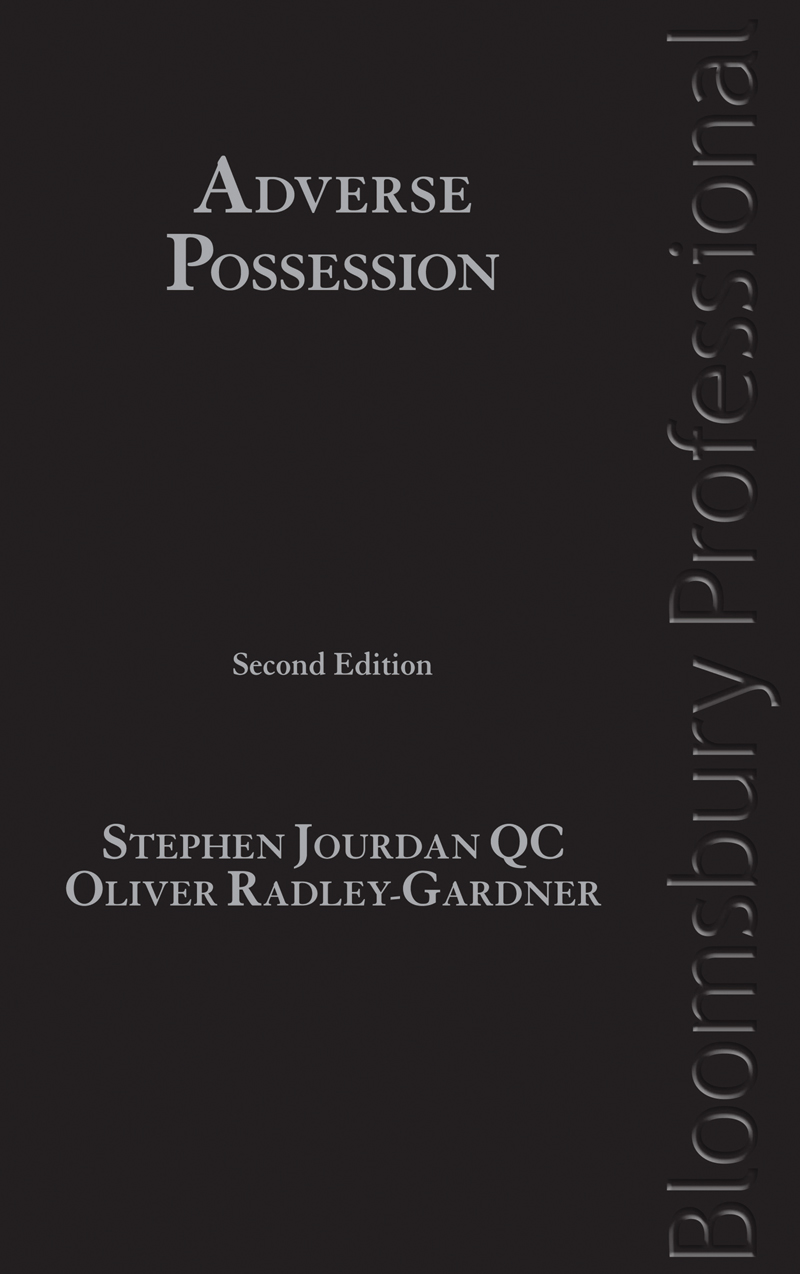
The first edition of this publication was the first book devoted to the subject of adverse possession.
Author: Stephen Jourdan QC & Oliver Radley-Gardner
Publisher: Bloomsbury Professional, 2nd new edition
ISBN: 978 1 84766 372 6 Price: £140.00
It is perhaps surprising that it took until 2002 for the emergence of a textbook dealing with the subject in detail given, as the preface to the first edition records, the popularity and profitability of the subject matter.
In 2002 it was also topical, being in the wake of the House of Lords’ decision in J A Pye (Oxford) Limited v Graham [2002] UKHL 30 and the passing of the Land Registration Bill 2002 through Parliament. The importance of this area of law is reflected in the fact that at the tenth annual conference of the Property Litigation Association, Pye v Graham was considered by members to be the case with the greatest significance for, and impact on, property law in the previous decade.
Communication
Anyone who was privileged to hear Stephen Jourdan’s Blundell





.tmb-mov69x69.jpg?sfvrsn=961ae4db_1)
95ca96e3d47f4eff8d147c4f0df17c77.tmb-mov69x69.png?sfvrsn=3db5d86b_1)

